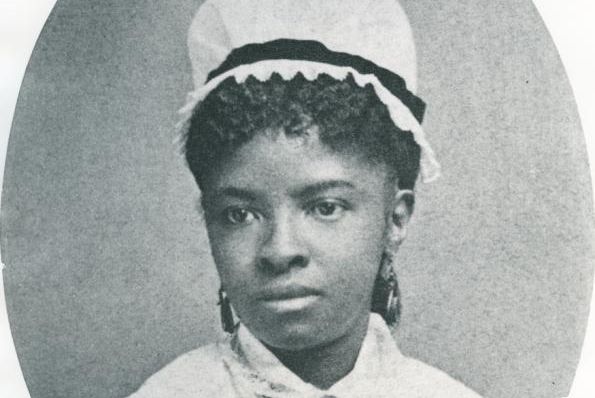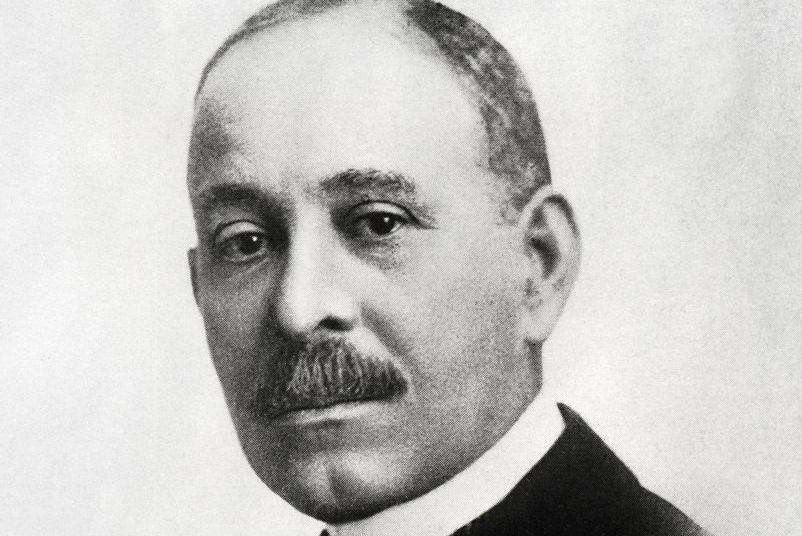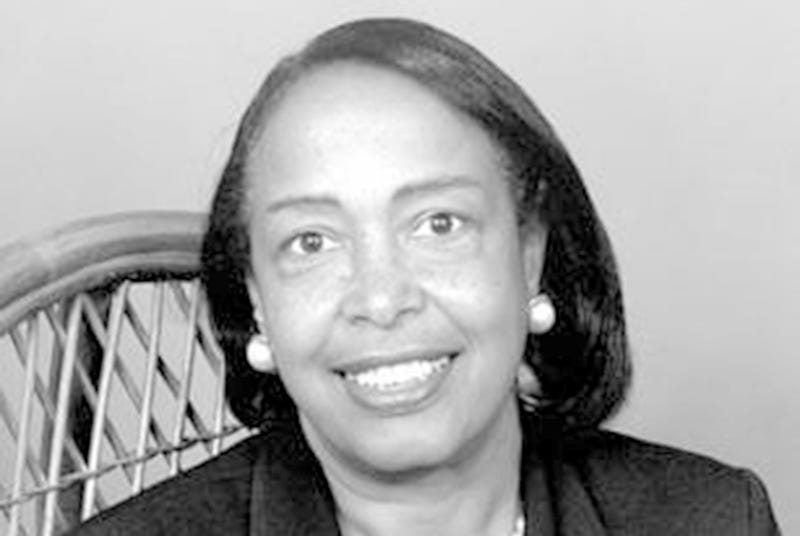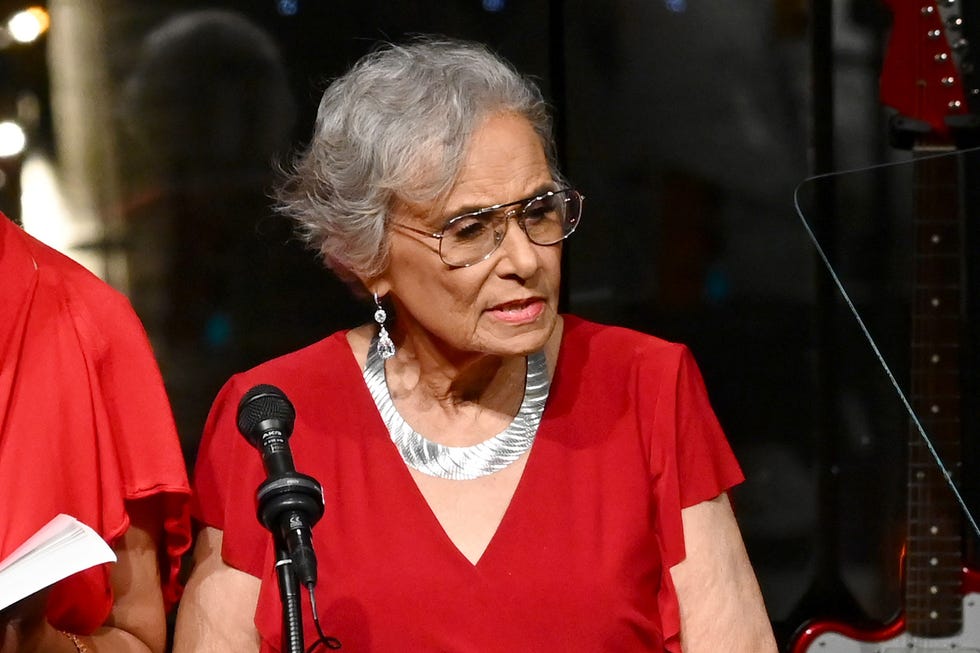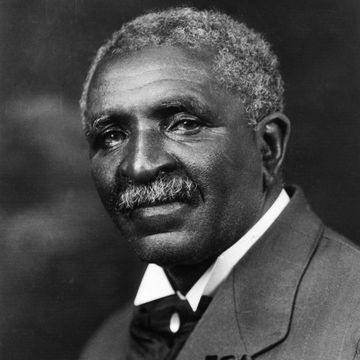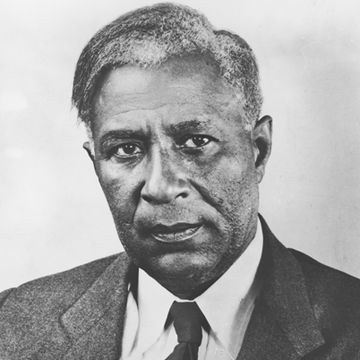For more than 200 years, Black physicians and nurses have made contributions of incalculable importance to medicine and healthcare in the United States, from establishing the nation’s first blood banks to historic advancements in sickle cell disease treatment and cataract surgery. In honor of Black History Month, get to know eight Black Americans who have made pioneering achievements to the medical profession.
Dr. James McCune Smith
1813-1865
James McCune Smith was the first African American to earn a medical degree, which he received from the University of Glasgow in 1837. The first Black man to run a pharmacy in the United States, Smith used medical data to challenge notions of African American racial inferiority. He was also an abolitionist leader, working with Frederick Douglass to start the National Council of Colored People, and helping refugee slaves through the Underground Railroad.
Dr. Rebecca Lee Crumpler
1831-1895
During a time when Black Americas were often prevented from pursuing careers in medicine, Rebecca Lee Crumpler became the first Black woman in the United States to become a doctor of medicine. She was also one of the first Black authors of a medical publication; her book of medical advice for women and children released in 1883.
Mary Mahoney
1845-1926
Mary Mahoney was admitted to the nursing school of the New England Hospital for Women and Children and became the first Black woman to complete nurse’s training in 1879. One of the first Black members of what is now the American Nurses Association, Mahoney was also among the first women to vote in Boston after the ratification of the 19th Amendment granted women’s suffrage on August 26, 1920.
Dr. Daniel Hale Williams
1856-1931
Dr. Daniel Hale Williams had a pioneering career in medicine. At a time when African American patients were banned from hospitals and Black doctors were refused staff positions, Williams opened Chicago’s Provident Hospital—the nation’s first hospital with an interracial staff—in 1891. He was also one of the first physicians in the country to perform open-heart surgery, which he did without the benefit of a blood transfusion or modern surgical procedures.
Dr. Charles Drew
1904-1950
Known as the “father of blood banks,” Charles Drew pioneered methods of processing and storing blood plasma for transfusion and organized the first large-scale blood bank in the United States. He managed two of the largest blood banks during World War II and is credited with saving the lives of hundreds during the war. He also fought against racial segregation in blood banks, resigning his post with the American Red Cross over the matter.
Dr. Patricia Bath
1942-2019
Dr. Patricia Bath was the first female African American to complete a residency in ophthalmology. In 1986, she invented the Laserphaco Probe, which harnessed laser technology to create a less painful and more precise treatment of cataracts. She received a patent for the device in 1988, becoming the Black female doctor in the country to receive a medical patent.
Dr. Marilyn Gaston
1939–
The first Black woman to serve as director of the Bureau of Public Health Care in the U.S. Health Resources and Services Administration, Dr. Marilyn Gaston is widely celebrated for her pioneering work studying sickle cell disease. Her 1986 study led to the creation of a nationwide screening program to test newborn babies for the disease.
Dr. Alexa Canady
1950–
While attending the University of Michigan’s medical school, Alexa Canady became interested in neurosurgery, but some advisers tried to discourage her from pursuing the career path, and she faced difficulties obtaining an internship. Nevertheless, Canady completed her residency in 1981, making her the first Black woman to become a neurosurgeon in the United States.
Colin McEvoy joined the Biography.com staff in 2023, and before that had spent 16 years as a journalist, writer, and communications professional. He is the author of two true crime books: Love Me or Else and Fatal Jealousy. He is also an avid film buff, reader, and lover of great stories.


